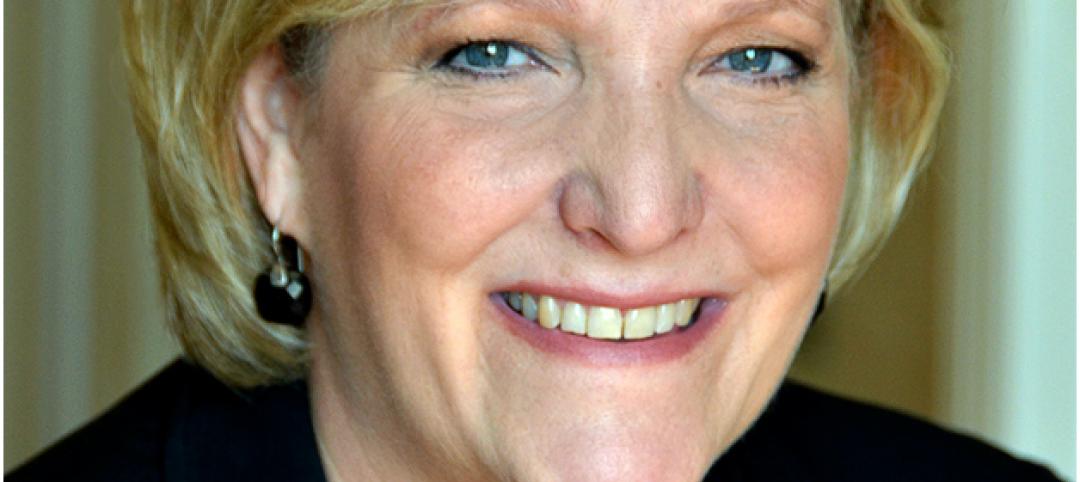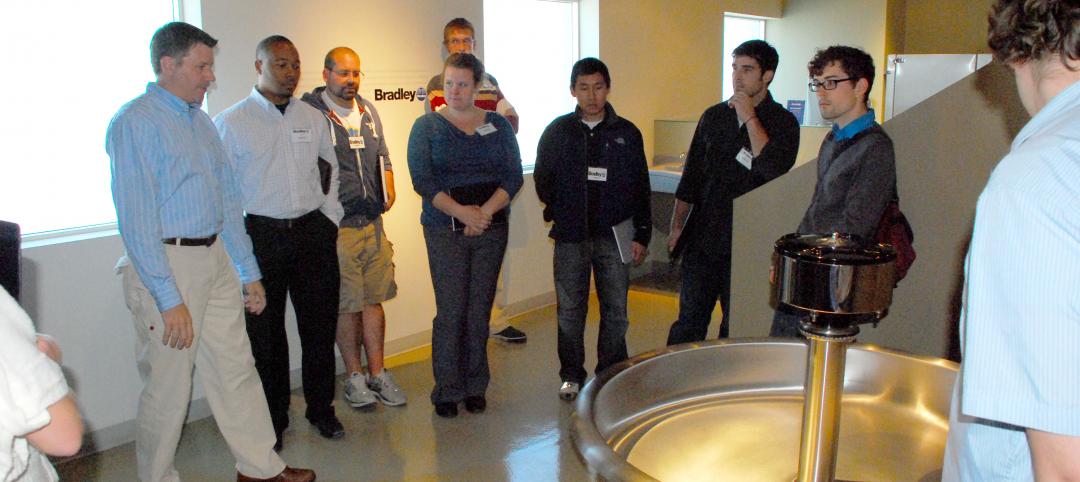Aon Risk Solutions released its 2011 Construction Industry Report, which reflects the input of 60 global construction industry respondents to Aon’s 2011 Global Risk Management Survey. While survey respondents cited senior management’s intuition and experience as the primary method to identify major risks, the report underlines the importance for organizations to embrace an enterprise-wide risk management approach that is optimized on a global basis.
The industry’s top risks as identified by survey respondents are included in the report, with the economic slowdown leading the list. Rounding out the top four risks are increasing competition, damage to reputation/brand and failure to attract or retain top talent. Regulatory/legislative changes and third-party liability tied for the fifth spot.
“In today’s business environment of high supply and limited demand, it has become especially vital for organizations in the construction sector to effectively manage risk,” said Henry Lombardi, executive vice president of Aon Construction Services Group. “Relying exclusively on gut instinct could result in a significant loss as leaders may miss an emerging risk.”
Mary Ann Krautheim, client strategy officer of Aon Construction Services Group, added, “The construction industry is expected to grow by 67 percent by 2020. Business leaders who use an enterprise-wide approach to identifying and assessing risks today will emerge from the economic storm in a stronger position with a larger market share.”
Additional findings of the 2011 Construction Industry Report include:
- Construction companies have invested and committed significant resources to risk control/safety practices to help lower the frequency and severity of loss, and according to the survey, they would like to see recognition of this investment by carriers in the form of lower premiums
- Capacity has been steady over the past three to four years with continued low rates. General liability/third-party liability continues to be a key issue for construction companies, most likely caused by concerns over construction defect claims and court interpretations of insurance coverage available to pay these claims
- Heavy industrial, engineering, procurement and construction contractors continue to enjoy strong backlogs, but are experiencing increased global competition
- While ranked number 11 on the list of top risks, political risk/uncertainties is expected to grow as the construction sector expands into developing countries
- Contractors’ abilities to compete with new project delivery methods, such as public-private partnerships, prove to be a challenge and an opportunity. Many non-U.S. contractors understand the value of bringing equity to the deal. This is a trend expected to continue as public bodies lack resources to invest large sums into infrastructure. BD+C
Related Stories
| Sep 29, 2011
CEU series examines environmental footprint and performance properties of wood, concrete, and steel
Each course qualifies for one AIA/CES HSW/SD Learning Unit or One GBCI CE Hour.
| Sep 29, 2011
Kohler supports 2011 Solar Decathlon competition teams
Modular Architecture > In a quest to create the ultimate ‘green’ house, 20 collegiate teams compete in Washington D.C. Mall.
| Sep 29, 2011
AIA Dallas names new executive director
AIA Dallas one of only a few chapters in the U.S. to be led by an accomplished architect.
| Sep 29, 2011
Potter honored with SMSP honor
The Society for Marketing Professional Services (SMPS) recognized Alfred K. Potter II, FSMPS, senior vice president with Gilbane Building Co., with the 2011 Weld Coxe Marketing Achievement Award (MAA).
| Sep 28, 2011
Look who's coming to BD+C's Under-40 Leadership Summit
AEC industry "under-40 superstars" from top design and construction firms have signed up for BD+C's "Under-40 Leadership Summit."
| Sep 28, 2011
GBCI announces LEED fellow class of 2011
LEED Fellows represent green building industry's most accomplished professionals.
| Sep 28, 2011
Bradley sponsors design studio on intelligent buildings for UWM SARUP
The studio is taught by Gregory D. Thomson, assistant professor and co-director of the Institute for Ecological Design at UWM.














